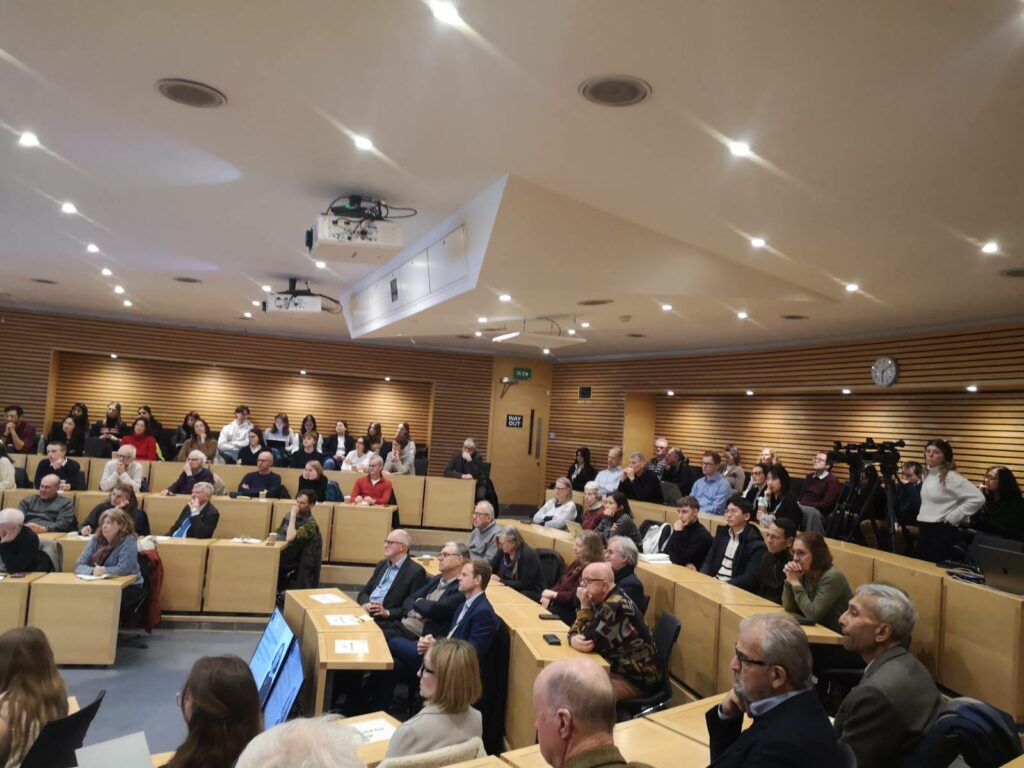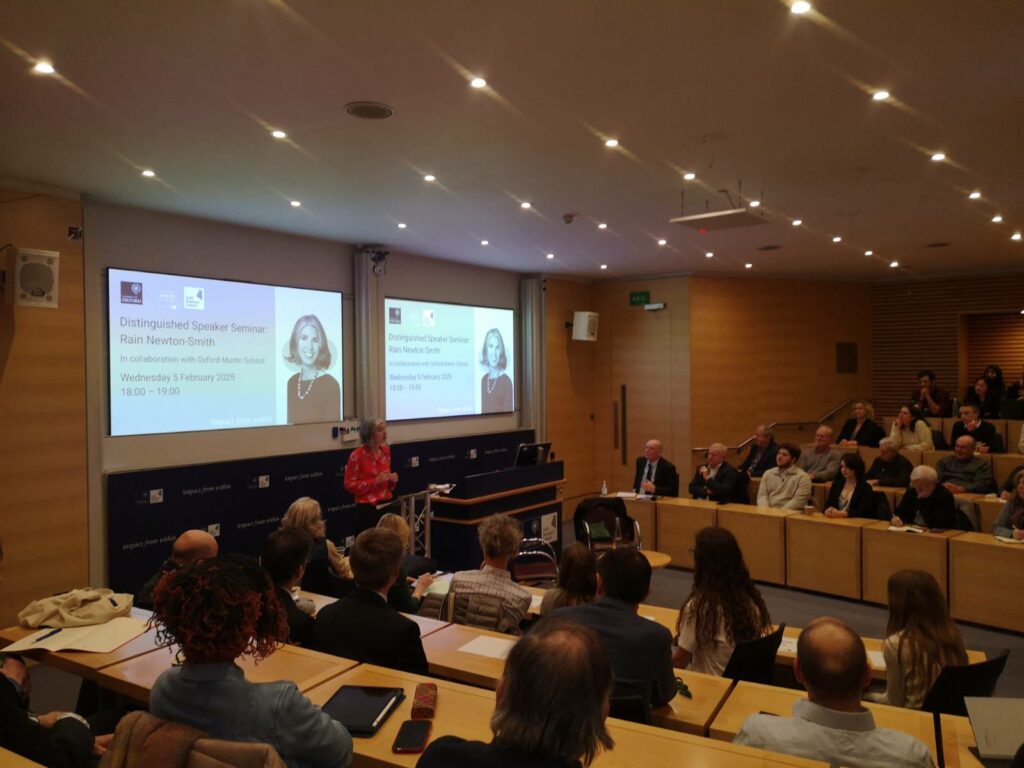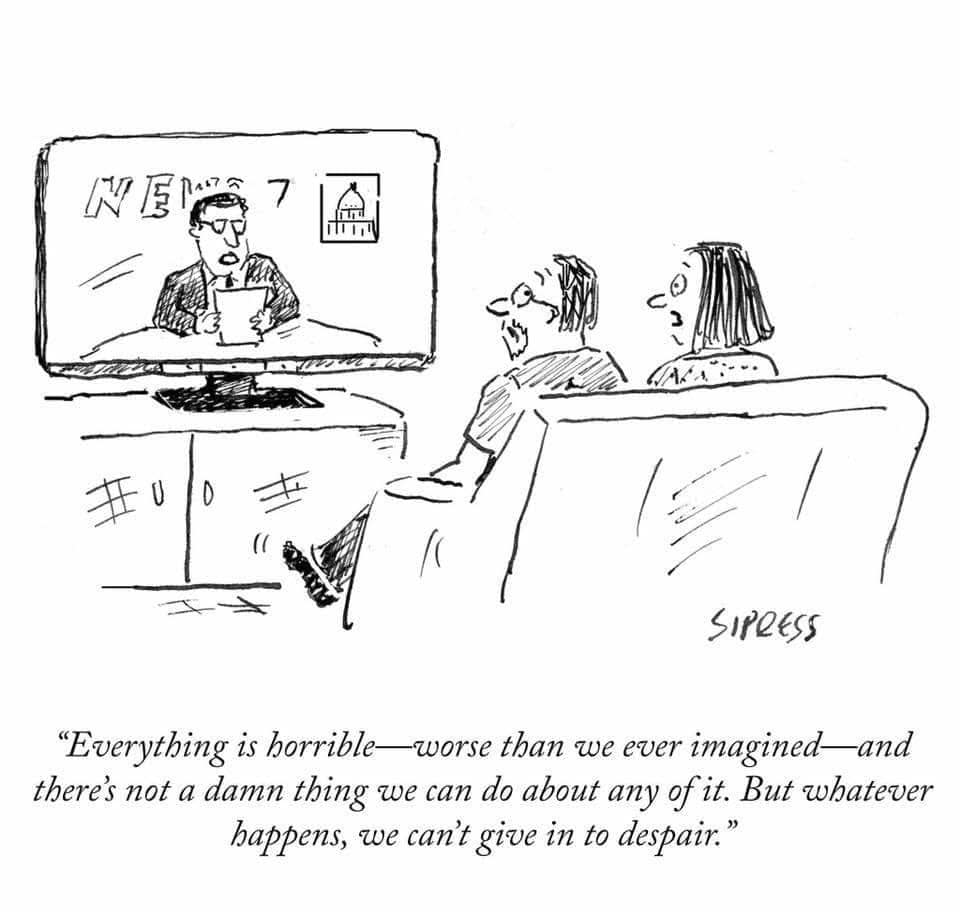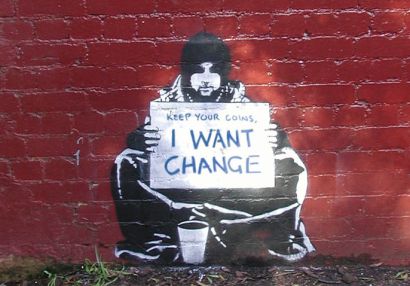The world we live in as been shaped by 40 years of #neoliberalism and #postmodernism, both of which have systematically dismantled radical change and challenge paths that used to exist. Its now pastime to reclaim these paths, to do this we now need to reject the illusions of “common sense” fed to us by the #deathcult and reboot our social view from a place of clarity. This is where the #hashtags come into use, acting as linking/flow tools for navigating, understanding, and breaking free from the mess we’re all in.
#nothingnew – A Radical Return to Modernism
The #nothingnew hashtag is a simple and effective (#KISS) framework for understanding where we went wrong and how to start moving forward again. It rejects the dominant neoliberal and postmodern ideologies that have smothered radical politics for four decades. Instead, it seeks to reboot social change by returning to the original modernist path, rooted in progress, structure, and tangible social transformation.
Once we re-establish this foundation, we can move beyond it to build #somethingnew. But without a starting point, all attempts at change remain trapped in the same mess and fog that has been #blocking to preserve the current status quo for too long. The modernist approach of clarity, direct action, and meaningful social structures needs to replace the disorienting, fragmented logic of postmodern cynicism that has paralysed social movements and left the field open for growing fascist dominance.
#geekproblem – Technology, Control, and the Worship of Power
The #geekproblem is a complex challenge, one that sits at the heart of many of our current struggles. While technology could be a liberating force, it has instead been shaped into a tool for control, both in the hands of capitalist class and within geek culture itself. The problem stems from, that, geeks, historically, have been builders and problem solvers. But many have a deeply ingrained need for CONTROL, which is fundamentally out of balance with the collaborative ethos of modernism. Over the last 40 years, as technology has concentrated power, geek culture has been co-opted by the #deathcult, prioritising power, profit, and authoritarianism over openness and freedom.
To fix this, we need to take the “problem” out of the “geek.” That means confronting the fetishisation of control, hierarchy, and technocratic elitism that pervades much of tech culture. This is not a #KISS problem, it requires real and deep reflection, social engagement to bring back into focus the reclamation of technology as a force for liberation.
#deathcult – The Worship of Neoliberalism
The #deathcult is a blunt and direct metaphor for neoliberalism, the ideology of destruction that has dominated the world for the last 40 years. This is a #KISS idea because it’s simple, it tells the story that Neoliberalism isn’t about building, it’s about extraction, enclosure, and control. That yes, it disguises itself as common sense, but in reality, it is an economic death spiral, for the planet, for workers, for public services, and for communities. Every time you hear markets presented as the solution to our problems, you are hearing the voice of the #deathcult.
For an example of this, just look at #UN COP process, where the world’s response to climate catastrophe was to double down on markets and profit-driven “solutions.” We are in a truly nasty mess because we have spent decades blindly worshipping a system destined to destroy us.

Breaking free from the mess, understanding and using the #hashtags can push clarity to conversations, as it hard to talk “common sense” with such a clear rejection of the confusion and stagnation that has kept us locked into #mainstreaming dogma.
- #nothingnew gets us back on the right path.
- #geekproblem helps us understand why technology has failed to free us.
- #deathcult reminds us who the real enemy is.
Using these frameworks, we begin to rebuild a movement that is rooted in reality, not neoliberal delusions. The question is, are we ready to do this work?








